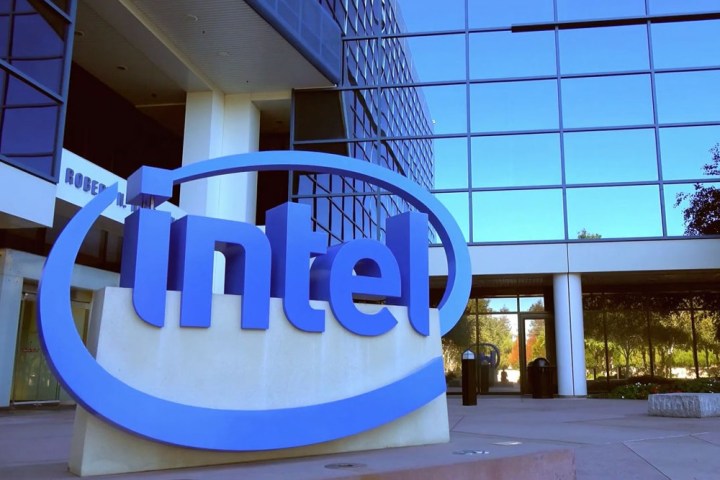
The tease showed up on Intel’s official Twitter account revealing that its eighth-generation CPUs are on the 2017 roadmap for the second half of the year. However, the real meat of the story behind the social tease is that Intel “mentioned” its upcoming Core i7-8000 processor series during its investors meeting on Thursday. The chips will be based on Intel’s 14nm plus processing technology it used with the seventh-generation chips.
If you’re scratching your head with this one, you’re not alone. Intel was expected to launch three 14nm+ processor families in the second half of 2017 and into the first quarter of 2018: Kaby Lake-X, Skylake-X, and Coffee Lake. The supposed high-end Skylake-X and Kaby Lake-X processors are actually expected to launch during Gamescom 2017 in August supporting Intel’s flagship X299 platform for enthusiasts.
Skylake-X and Kaby Lake-X will be based on the 14nm plus process node and marketed under the Core i7-7000 K-Series brand. Skylake-X will have a maximum core count of 10 and Kaby Lake-X will have a maximum core count of four. At least four SKUs will be made available at launch.
That leaves Coffee Lake, which was expected to arrive in the first quarter of 2018. These will be six-core mainstream processors based on the 14nm plus process node, and split up into Coffee Lake-U (ultra-low power), Coffee Lake-X (enthusiast desktop), Coffee Lake-S (mainstream desktop), and Coffee Lake-H (notebook) SKUs. They reportedly not only improve on the Kaby Lake design, but include “architectural enhancements.”
That’s supposedly everything Intel is expected to roll out from its 14nm plus process technology. The 2-in-1 device Intel showcased during its CES 2017 keynote was a Cannon Lake processor based on the company’s 10nm process technology. Cannon Lake chips are expected to arrive in 2-in-1s and similar products during the back half of 2017.
So what Intel is likely teasing on Twitter is Coffee Lake. That’s just a guess, and Intel wasn’t willing to talk about the eighth-generation lineup outside what it revealed through Twitter. Intel told us that the new chips were only “briefly mentioned” during Thursday’s investor meeting. Sigh.
Ultimately, customer will see 20-30 percent better performance with the eighth-generation Core i7-8000 Series chips than they did with the Skylake family. That’s due to a 10 percent performance increase when moving from Skylake to Kaby Lake, and a 15 percent performance increase when moving from Kaby Lake to Coffee Lake.
Since Intel won’t spill the official goods behind its Twitter post, we’ll have to wait for the Computex and/or CeBit tech conventions later this year. We already know Intel isn’t sweating AMD’s Ryzen invasion, and this is probably one of the reasons why.


